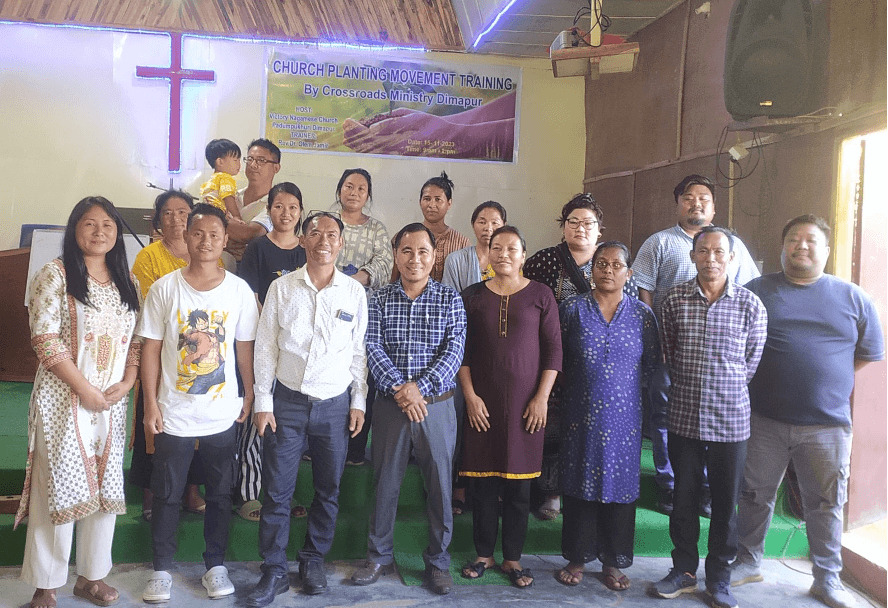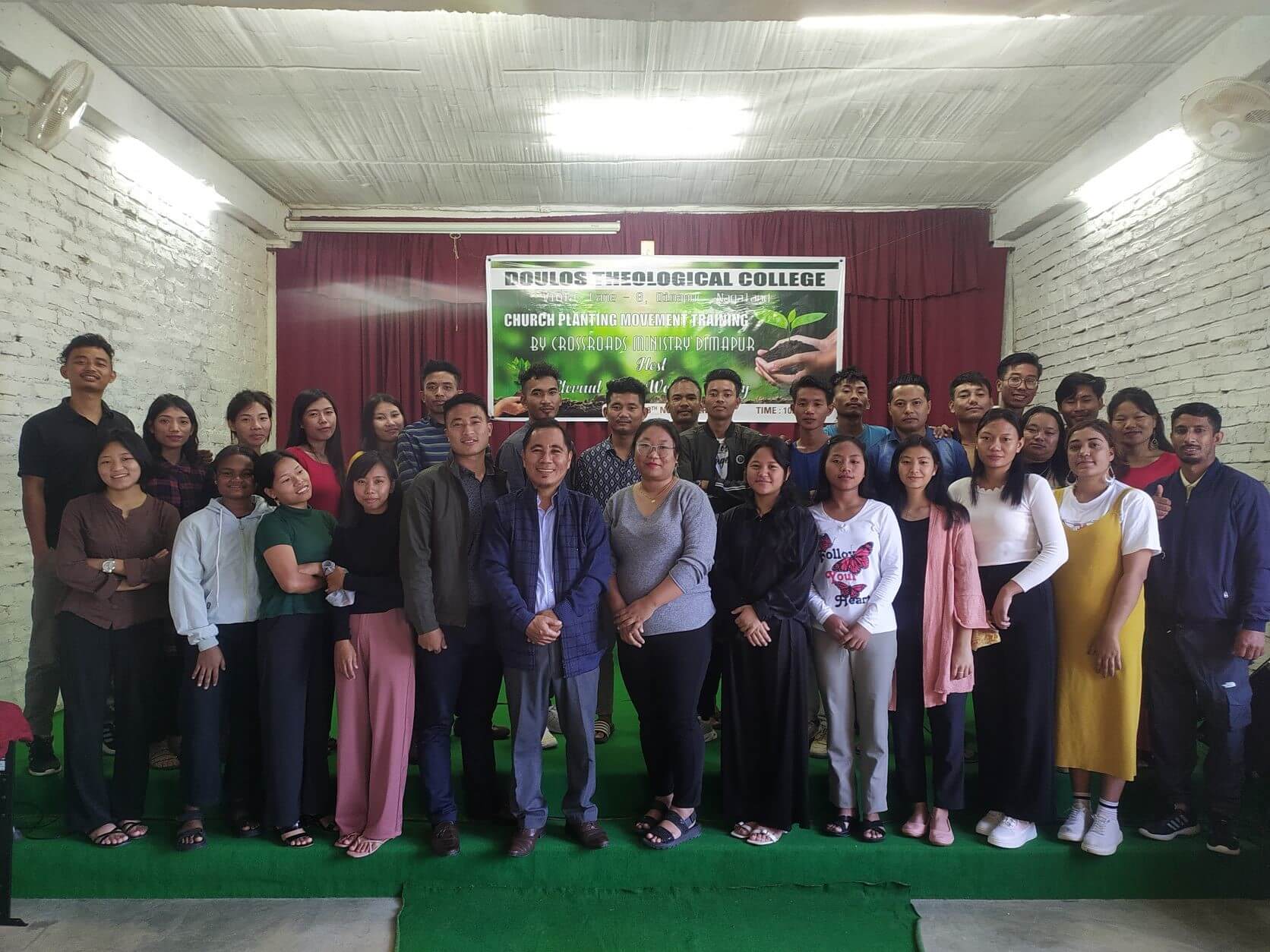Crossroads Church Planting Training 2023
Crossroads Church Planting Training 2023
Two Crossroads Church Planting Training Workshops were conducted in November, further expanding the number of potential church planters operating in SA Asia within the Crossroads Church Planters Network.The first Workshop, conducted on the 15th of Nov. 2023, took place in the Dubagaon Village of Dimapur. Here, Crossroads conducted a two-day Church Planters Workshop for 22 indigenous Naga Church Planters. These new Church Planters are focused on expanding the gospel throughout the greater region of Dimapur, Nagaland, India. Participants in the Training are seen below.



Thanks again for joining us in advancing the gospel throughout SA Asia.
All the best,
Kent
Donate Now